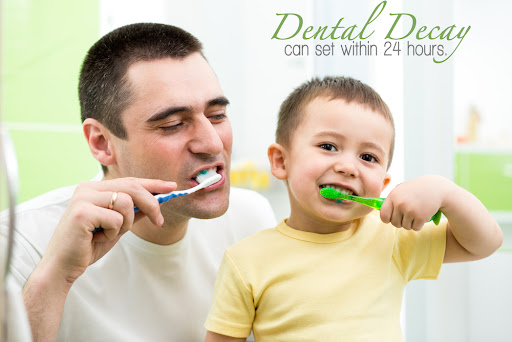
Determining Which Type of Denture is Best for You
Dentures can either be a replacement of all of one’s teeth known as complete dentures or a section of teeth, known as partial dentures. When arriving for your scheduled appointment here is what you can expect. X-rays to look for any issues that might affect fit. In some cases, the addition of crowns, may be needed to accommodate the new partials. Once fitted, your dentist will recommend keeping them in for one week to make any necessary adjustments. Next, how you should care for them, why it is important to note any misconceptions, and any future questions you might have will go down here in this handy guide. Always consult your dental professional should you have any questions or concerns.
Fitting of Partial Dentures
Having been fitted with your partials, you will be ready to schedule a follow up appointment you’re your dental professional to make any adjustments and address any concerns you are having during this first week period. There will be different types of products available to you the consumer for taking care of your new partials, and that it is important to know what to expect when wearing and caring for them. Some of the commonly held misconceptions are listed below and are summarized from the ADA’s recommendations.
Misconceptions and how to Care for Them Below, is a look at some differences, and what you can expect when caring for your new partials. The many different types of products available to you over the counter and caring for them will change. Below, we can see how and what will be done different.
- Never brush your dentures with a regular toothbrush. Always use an approved denture brush designed specifically for dentures themselves, otherwise you can damage them.
- Avoid any non-approved denture toothpaste not designed for dentures. They are far too abrasive and again you risk damaging them.
- Instead, using a mild household soap and water is perfectly acceptable and will not damage them.
- Your dentist will probably recommend a cleanser. Look for denture cleaners sold over the counter that are ADA acceptable and the label clearly indicates this.
- Finally, if at any time your dentures become damaged, either they have been chipped or are missing one or more teeth, consult your dentist immediately.
Whether you are deciding which type of dentures, either partial and full replacements, you should now have a basic understanding of what to expect with full or partial ones. Avoiding cleansers and brushes that will cause harm or damage and following the recommendation of your dental professional are crucial in making your new partials last a long time. For helpful links, see the resources below and follow the links and to schedule your appointment, please contact our office below.

















